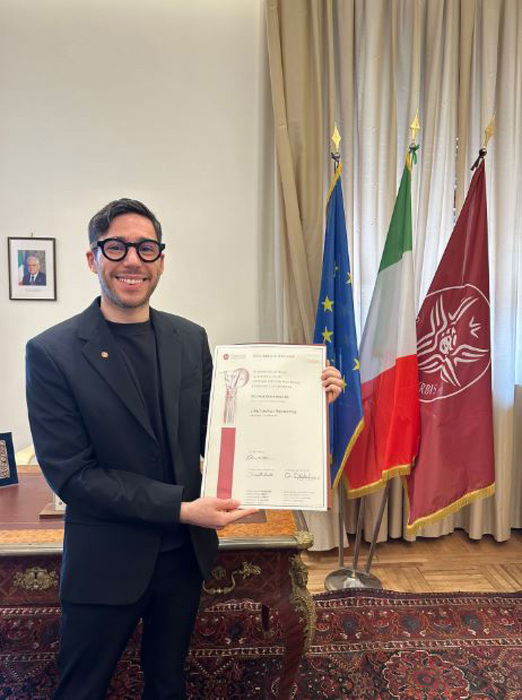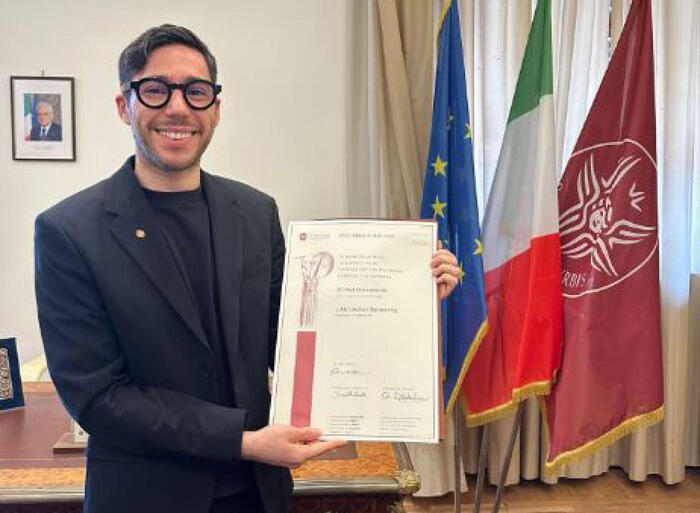Pandemic Protection of the Future: Sustainable Monitoring Strategies and Testing Methods
Created: 08/06/2022 12:33 p.m
By: Thomas Copytz
Sustainable monitoring strategies and test methods for use in future pandemics are being developed in Göttingen.
The UMG is involved in the nationwide cooperation project B-FAST.
Goettingen – Corona!
Covid-19!
Outbreak in large blocks of flats, in retirement and nursing homes: Göttingen was an early example of the spread of the pandemic throughout Germany.
But Göttingen is also in charge of the strategic approach to dealing with Covid-19, so significantly involved in the nationwide cooperation project B-FAST.
This is reported by hna.de.
It is about the development of sustainable surveillance strategies and test methods for use in future pandemics.
This is well advanced, as reported by the University Medical Center Göttingen (UMG) and its director of the Institute for Hospital Hygiene, Prof. Simone Scheithauer.
Sustainable surveillance strategies and testing methods for use in future pandemics
In Göttingen, researchers are developing sustainable surveillance strategies and test methods for use in future pandemics.
(symbol image) © Imago
Together with Prof. Gerd Fätkenheuer from the Cologne University Clinic, she coordinated a project in the University Medicine Network (NUM), which belongs to B-Fast, in which scientists have developed monitoring and test strategies - in order to be better prepared for further corona courses or even new pandemics be.
The major project was funded with almost 20 million euros by the Federal Ministry of Education and Research (BMBF) over a period of 16 months.
Test methods and surveillance strategies are valuable tools to detect infections early and prevent the uncontrolled spread of a pathogen.
Hygiene concepts can also help to reduce the risk of infection, which Scheithauer knows from her work at the UMG.
Prof. Simone Scheithauer University Medicine Göttingen © UMG
Research in Göttingen: Pandemic protection in theaters, clinics, homes and day-care centers
In the NUM project, the experts have taken on the particularly relevant areas of life, such as retirement homes, clinics, schools and day-care centers.
By December 2021, doctors and scientists from 26 university clinics with around 50 partner institutions from industry, politics, science and healthcare developed methods, concepts and strategies for use in almost all areas of everyday life - to deal with the pandemic.
also read
“Aktenzeichen XY”: Wolfgang Knoll (45) wanted to go to the University Hospital in Göttingen – but never got there
After 9-euro ticket: Prime Minister Weil calls for cheap offers in local transport
Prof. Gerd Fätkenheuer University Clinic Cologne © MedizinFotoKöln
The problem: The infection process always developed extremely dynamically.
It was difficult to test some of the strategies due to new Sars-Cov-2 variants, the changed situation due to vaccinations, but also due to restrictions such as lockdown.
Consequence: The methods and concepts had to be constantly adapted.
Nevertheless, the results have been published thousands of times, including:
Lolli-Method:
The "Lolli-Method" is a child-friendly smear and examination method for comprehensive testing of children.
It was primarily developed by the Cologne scientists.
The method is simple: each student sucks a swab for 30 seconds.
The swabs are brought together (“pooled”) in one or two vessels per class association and tested for SARS-CoV-2 using the polymerase chain reaction (PCR).
If the result of the entire saliva sample is positive, the students in the class are then tested individually and the infected children or adolescents are identified.
The lollipop method was used in various federal states to identify infections in schools and day-care centers.
Virus genome:
Research into and breakdown of the SARS-CoV-2 genome is a prerequisite for recognizing new virus variants and monitoring the infection process at the molecular level.
Therefore, B-FAST has initiated a central platform for molecular surveillance with the German Covid-19 Omics Initiative (DeCOI), infrastructures and expert knowledge in genome research.
Transferability:
“The sustainability of this development is particularly evident in the continuation of this work in two NUM sub-projects that started in 2022.
Both projects run in close cooperation with the Robert Koch Institute, the Lower Saxony State Health Office and the local health authorities," explains Simone Scheithauer.
The aim is to transfer the experience gained from monitoring Sars-CoV-2 to other pathogens relevant to society and hospitals, such as the flu virus or multi-resistant bacteria.
Hygiene in culture:
In addition, safety and hygiene concepts for cultural events were developed in B-FAST.
Predictive models:
With the help of information technology, predictive models for the probability of positive tests have also emerged.
These models enable the rapid representation of contact networks for unexpectedly positive people and allow risk assessments of the risk of infection indoors.
(tko)
In Lower Saxony, the corona isolation obligation will remain in place for the time being.
Lower Saxony has extended its corona regulation until the end of August.
NUM – Bringing results to patients, fast
NUM was founded in spring 2020, funded by the BMBF, coordinated by the Charité Berlin.
36 German university medical centers and other partners are involved.
They are working on solutions for better health care and pandemic preparedness.
One focus is on clinical and care-related research, the results of which benefit patients directly, are incorporated into crisis management and contribute to the development of a national research infrastructure.
390 million euros are available for nationwide cooperation projects by the end of 2024.
In the medium term, the structures and concepts created will also be used for research into other clinical pictures beyond Covid-19 in university medicine.
(tko)









